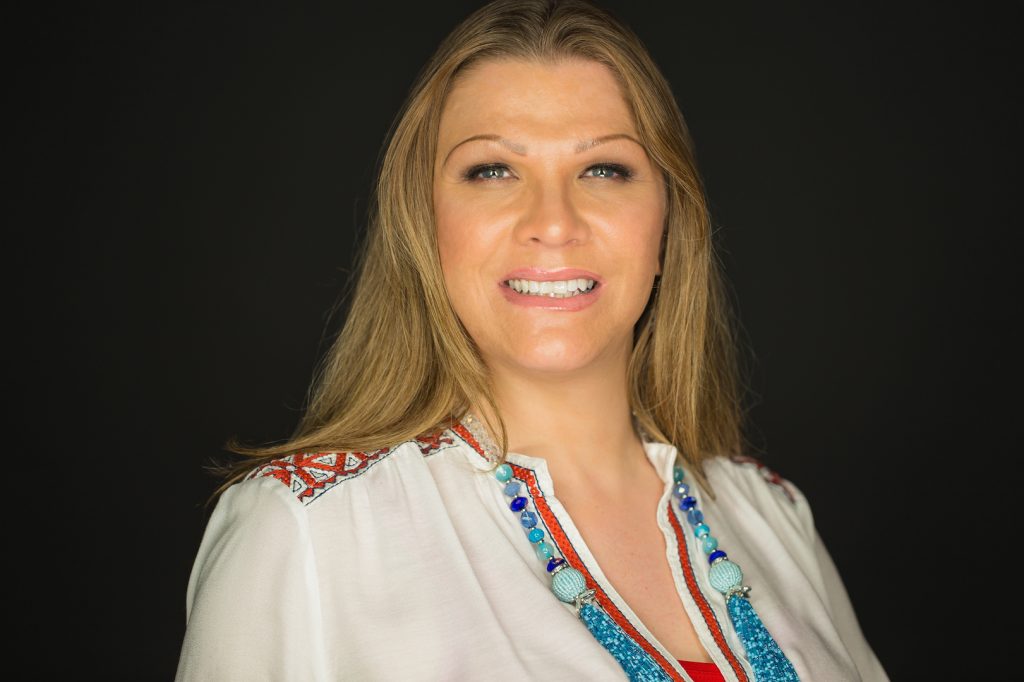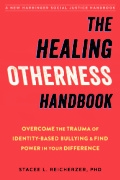The people we choose to have around us reflect a snapshot of ourselves at a given moment. Our companions are really a mirror to who we are, representing much about our values, our hobbies and interests, maybe our humor, and a host of other personal qualities we hold. Our friends are there out of the mutual choice we make to share our lives in that moment. As the years pass and we grow and change, what then are the limits of friendship loyalty?
For many of us who have gone through substantial recovery and healing efforts, radical changes take place in multiple areas of our lives. We make hard decisions to transform, to bring parts of ourselves that were hidden to voice. We follow dreams, we learn new ways of being that help us feel whole. Other people enter our lives, again providing that mirror into we are, and revealing now that we are in fact different people who have traveled far in our healing journey.
So what happens to the old friends we had during our darker hours?
Some change with us. They’re the ones we stay close to because our lives follow complimentary paths. We may remain in easy proximity, not moving far from each other. We may also remain emotionally close, continually relying on each other and enjoying the simple, easy pleasure of each other’s company.
Some change and we separate, but then come back together. When we reconnect we’re immediately back in the relationship. There is a deep, shared appreciation for each other and the separate journeys we’ve taken. These relationships are the ones in which, even though months or even years may have gone by since we last talked to the person, we have the sense that we’re picking up where we left off.
Not all relationships change in a way, though, that work with the rhythms of our lives.
Sometimes we notice that as we change, some of our friends seem to remain stuck. Their ways remind us of our old ways. We find all of the growth that we’ve experienced to be challenged, even compromised, when we’re with them. As we change and they do not, we often move further and further away from them for our own well-being.
Sometimes, we come back together and the changes we’ve both made don’t work together. We have each been transformed during our time apart so that we now have few of the similarities that initially brought us together. This may be mutually apparent, and we soon realize that we’re no longer compatible as friends. On other occasions, one person wants to remain in the relationship while we do not.
To illustrate, let’s say that in our younger years, we had problems with a poor self-image and low self-esteem.
People with low self-esteem often choose relationships that can be predatory or bullying. As we heal, we tend to no longer attract bullies into our lives. If we find these relationships again after spending some time away from them, we often find that the bullies and predators of our past are in very bad shape. This is because predatory/bullying behavior tends to not only stem from its own set of problems, it creates more.
Healthy people often find that these reconnections simply don’t work, no matter how close we once felt to the individual. Our bullying friends may even try to guilt us, hooking us with a notion of loyalty to the friendship as it once was (this passive-aggressive technique, by the way, is a form of bullying). Of course they do this! It’s entirely to the advantage of the person in poor mental health to seek the one who isn’t in despair. If I’m down in my luck and I meet up with my old friend and see how well she’s doing, I’ll very naturally try to grab some of her light.
The well person though must, in this instance, question what is being asked of her or him. Our emotions can help us figure out what to do. When we have the opportunity to spend time with the old friend, do we notice feelings of irritation or the sense that we’re being manipulated into something? Do we keep trying to maintain the rekindled relationship because the old friend doesn’t seem to have anyone else, resenting the situation afterward? Our answers to these questions can tell us if we’re needing to rethink our loyalty to this relationship that’s clearly draining us.
Loyal, lifelong friends who accept us and our flaws, celebrate our accomplishments with us, support us through the hard times, and whom we genuinely enjoy having in our lives are absolutely vital to human wellness. Nourish these as they nourish us, and be grateful for each day we have with these amazing people.
Friendship loyalty ends when we are continually being asked to give away our light, our strength, our wellness; or to question our right to any of these things.


